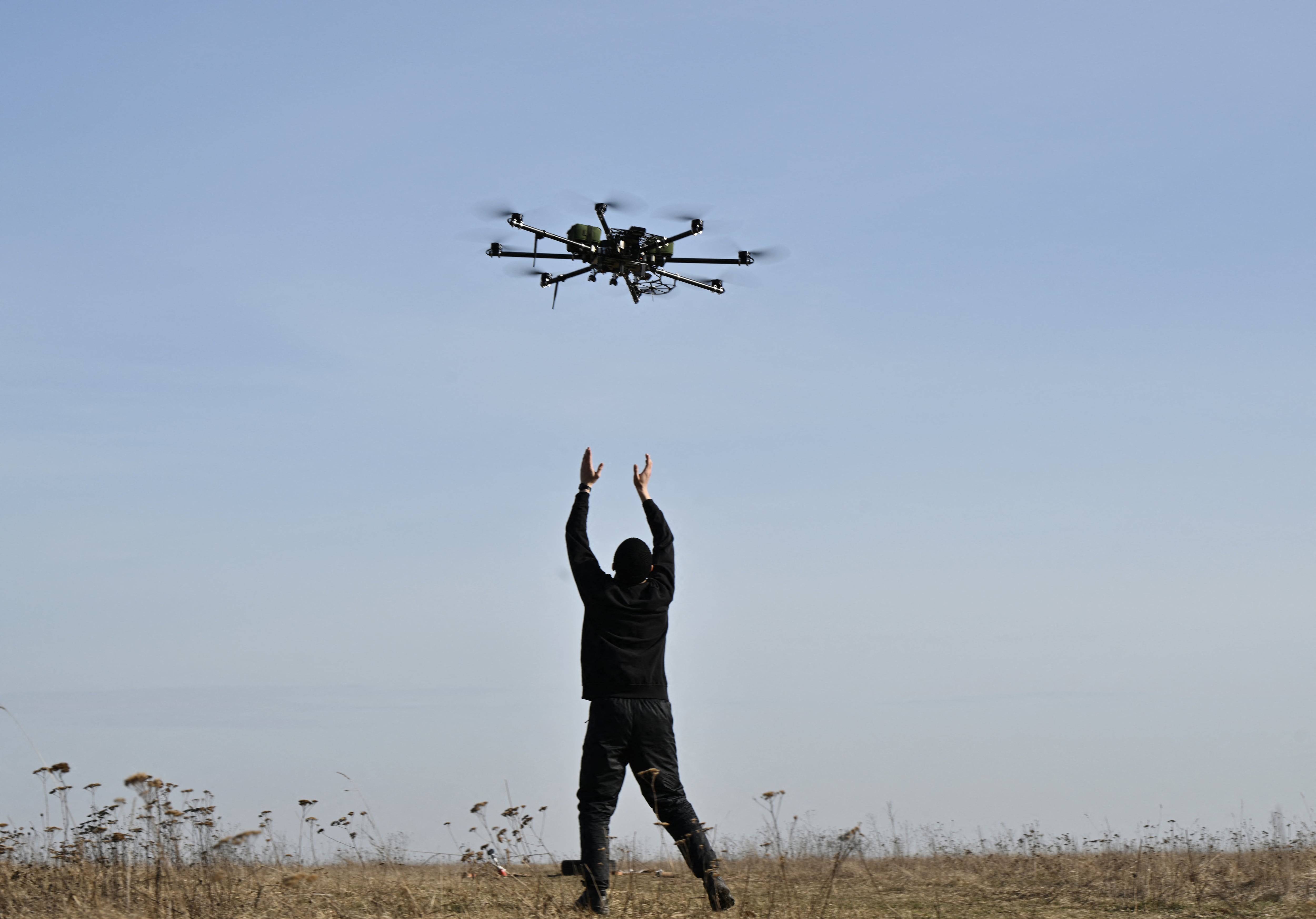A House subcommittee’s draft of the annual defense policy bill would elevate the the Pentagon’s artificial intelligence hub to report to the deputy secretary of defense.
The House Armed Services Committee’s Subcommittee on Intelligence and Emerging Threats and Capabilities’ version of the National Defense Authorization Act, released June 21, would delegate authority over the Joint Artificial Intelligence Center to the deputy secretary of defense. It would also direct the defense secretary to establish a board of directors for the center.
The JAIC, charged with accelerating AI adoption across the Department of Defense, currently resides under the Pentagon’s chief information officer. Under the draft subcommittee language, which was reported to the full committee for consideration on June 22, the deputy secretary could then delegate authority to the DoD CIO. The elevation to the deputy secretary level would “ensure data access and visibility for the JAIC,” according to the bill’s summary.
The text is a partial embrace of a recommendation made by the National Security Commission of Artificial Intelligence,which was mandated by the fiscal 2019 NDAA. The commission had recommended the JAIC’s reporting authority be elevated to the defense secretary but delegated down to the deputy secretary level. It also argued that the JAIC be elevated out of the DoD CIO shop so the center would be primarily responsible for artificial intelligence, and so that the CIO’s office can focus on enterprisewide digital transformation projects.
The new board of directors for the JAIC would be filled by six senior defense officials and up to five outside experts from academia or private industry, appointed by the defense secretary. The board would advise the secretary on AI issues and provide “strategic guidance” to the director of the JAIC, as well as study workforce and acquisition challenges.
“The objective would be to have a standing body over the JAIC that can bring governmental and non-governmental experts together for the purpose of assisting the Department of Defense in correctly integrating and operationalizing artificial intelligence technologies,” the subcommittee summary read.
The JAIC was stood up two years ago as the department sought a dedicated component to work on artificial intelligence capabilities. Its first director, then-Lt. Gen. Jack Shanahan, recently retired, and it currently awaits a new director. This year, the JAIC is working on its first lethality project.
The structural reforms in the bill demonstrate “how important this technology is and how urgently it must be integrated into not only our weapons systems, but our healthcare systems, our predictive maintenance efforts, our humanitarian assistance missions, and our cybersecurity,” Rep. Elise Stefanik, R-N.Y., ranking member of the House subcommittee, said in a statement. “Our ability to apply AI and other emerging technologies faster than our adversaries will allow us to maintain our competitive edge over Russia and China.”
Andrew Eversden covers all things defense technology for C4ISRNET. He previously reported on federal IT and cybersecurity for Federal Times and Fifth Domain, and worked as a congressional reporting fellow for the Texas Tribune. He was also a Washington intern for the Durango Herald. Andrew is a graduate of American University.






